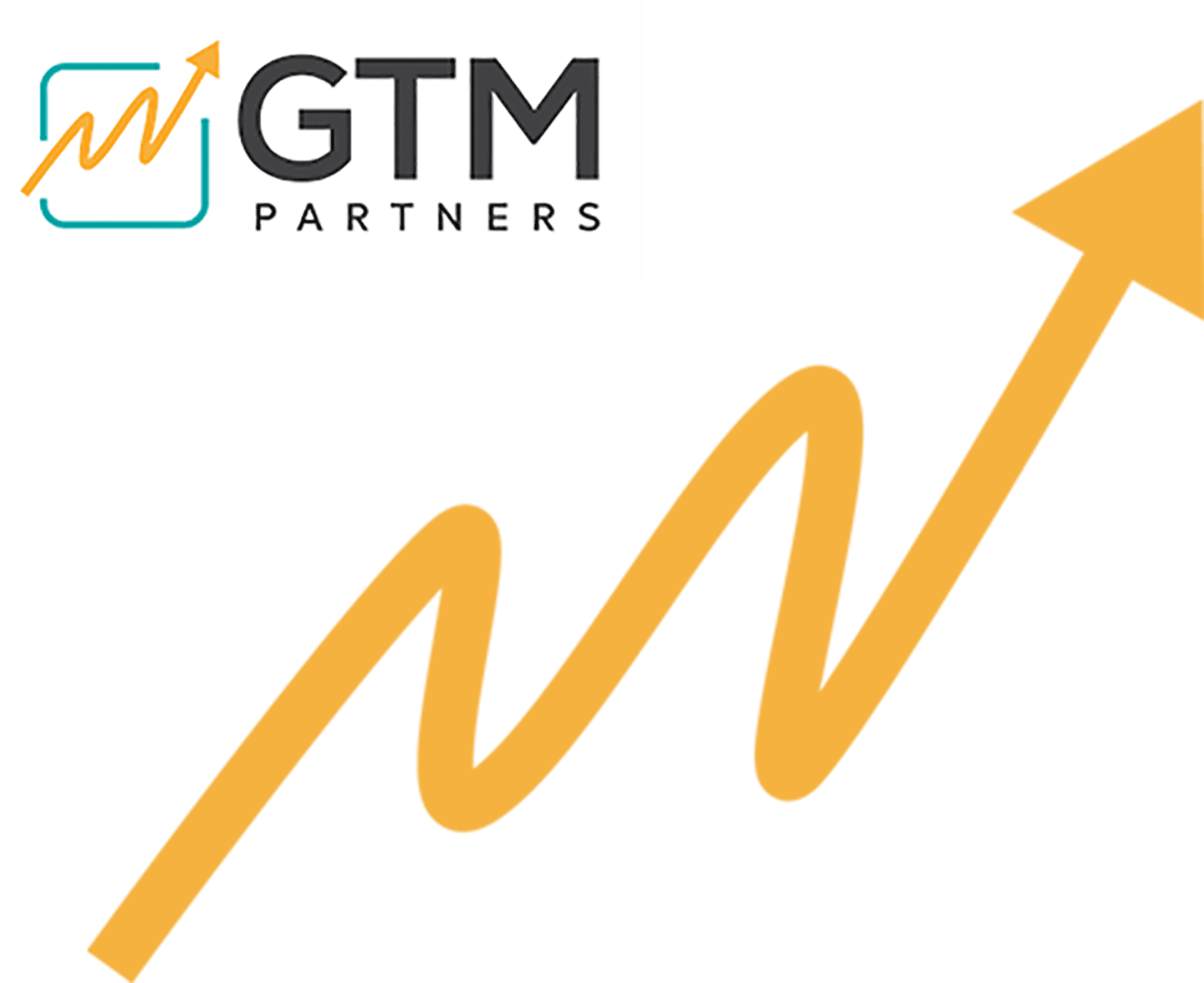How Finance Operations and Revenue Operations join Forces to Navigate Financial Challenges
Journey into the Financial Wilderness: FinOps and RevOps as Guides
Table of Contents


How RevOps and FinOps join forces to navigate financial challenges
Financial challenges have become an inevitable part of organizational life in today’s volatile business landscape. Navigating these intricacies demands strategies that are dynamic, resilient, and forward-looking. Enter Financial Operations (FinOps) and Revenue Operations (RevOps), two interconnected facets that, joining forces, can provide a robust strategy for managing financial hurdles.
What are Revenue operations?
There is a reasonably good market understanding of what RevOps, or Revenue Operations, is responsible for. It’s the go-to-market backbone of an organization, optimizing processes and technologies across every stage of the customer lifecycle, be it marketing, sales, or customer success.
In its early days, Revenue Operations emerged from the realm of sales operations, but much like a well-tended vine, it has branched out to encompass every phase of the customer life cycle. In addition to being the owners of the overall GTM tech stack and the purveyor of revenue reports to the exec team and other stakeholders, Revenue Operations teams track end-to-end metrics from marketing to CS, drive cross-functional insights, and optimize the overall customer journey.
The quintessence of Revenue Operations lies in its capacity to streamline operational processes across various departments. This harmonization paves the way for effective decision-making fueled by unbiased and universally accepted data sets.


Figure: RevOps Responsibilities
What is Finops?
While FinOps or Finance Operations might not be as well-known as its sibling, Revenue Operations, it plays just as vital a role in the heartbeat of a SaaS business. FinOps is like the glue combining people, processes, and technology to manage a business’s financial operations masterfully.
And here’s where it gets interesting. If Revenue Operations is the smooth-talking whiz kid ushering business transactions in through the front door, FinOps is the bespectacled scholar working his/her magic in the background, transforming those business transactions into financial ones.
The FinOps team is primarily responsible for developing and implementing financial plans and strategies to ensure the organization’s success. They are also responsible for creating and managing budgets for the organization, tracking costs, and ensuring that the company stays within its allocated budget.
Among the essential duties undertaken by FinOps teams is the careful management of the general ledger, the design and implementation of an effective order-to-cash workflow, and the oversight and facilitation of thorough financial audits. Moreover, these teams communicate critical financial metrics to diverse audiences, including board members, executive teams, and prospective investors.


Figure: FinOps Responsibilities
Where should FinOps be positioned within the company?
When it comes to positioning Revenue Operations and FinOps within an organization, there’s no universal solution. It’s more of a journey towards designing an organizational framework tailored to your unique business needs.
- Revenue Operations typically stands independent of sales, marketing, and customer success. The placement of FinOps, however, is slightly more nuanced. Recognizing that FinOps and Revenue Operations are overarching frameworks rather than mere job titles allows flexibility in their incorporation into your business structure.
- FinOps, dealing primarily with financial aspects of the business, should establish its independence yet maintain a strong connection with Revenue Operations. This ensures the standardization of shared reporting functions.
The Convergence of FinOps and Revenue Operations: A Powerhouse for Tackling Financial Challenges
The convergence of FinOps and Revenue Operations presents a strategic alliance capable of navigating complex financial challenges. The comprehensive understanding of revenue streams that Revenue Operations provides blends ideally with the cost control and accountability principles of FinOps. This combination results in a more refined, strategic approach to financial decision-making.
- Through this intersection, businesses can gain in-depth insights into their operational costs and revenue generation processes, resulting in more informed decisions about spending and resource allocation. The FinOps focus on cost control and prediction complements the Revenue Operations emphasis on revenue optimization, creating a balanced perspective that benefits the entire organization.
- Furthermore, this collaboration between FinOps and Revenue Operations encourages operational agility. Adapting swiftly to market fluctuations or competitive shifts is a hallmark of successful organizations. This fusion enables businesses to respond more effectively to changing circumstances by providing a clearer picture of revenue and costs, thus driving improved financial performance.
Long-Term Benefits: From Financial Stability to Enhanced Performance
- The long-term benefits of the FinOps and Revenue Operations alliance are manifold. Beyond the immediate advantages of cost control and revenue optimization, this approach promotes long-term financial stability. It equips businesses with the tools and insights to navigate financial challenges, ensuring their survival and growth in an increasingly competitive business environment.
- Moreover, the amalgamation of FinOps and Revenue Operations leads to greater efficiency. By aligning revenue-generating functions and incorporating financial accountability in operational spending, businesses can eliminate unnecessary expenditures, streamline operations, and maximize return on investment.
- Finally, the intersection of FinOps and Revenue Operations fosters enhanced business performance. Through continuous monitoring and optimization of financial and operational strategies, businesses can stay ahead of the curve, ensuring sustained success.
BigLittle can help you accomplish Revenue Precision for your Revenue Operations and FinOps teams
Our solution provides out-of-the-box integration with crucial revenue data sources, enabling an effortless and secure connection to your GTM and financial data for both Revenue Operations and FinOps teams. This streamlined connection allows you to consolidate all operational go-to-market data across systems into a single source of truth and improve spending efficiency and revenue optimization at the same time.
As a result, you’ll enjoy increased data accuracy, improved visibility, and a unified view of your revenue operations. With all your essential data in one place, decision-making becomes more informed, strategic planning is enhanced, and operational efficiency is significantly boosted.
The attached chart, for example, is produced from correlating data from the marketing automation system, CRM and the finance system. While on the face of it, campaign C may be generating the highest number of MQLs, cross-functional analysis like this by Revenue Operations and FinOps will highlight poor ARR conversion from this campaign as well as poor financial ROI.


Book a free demo of BigLittle today!



